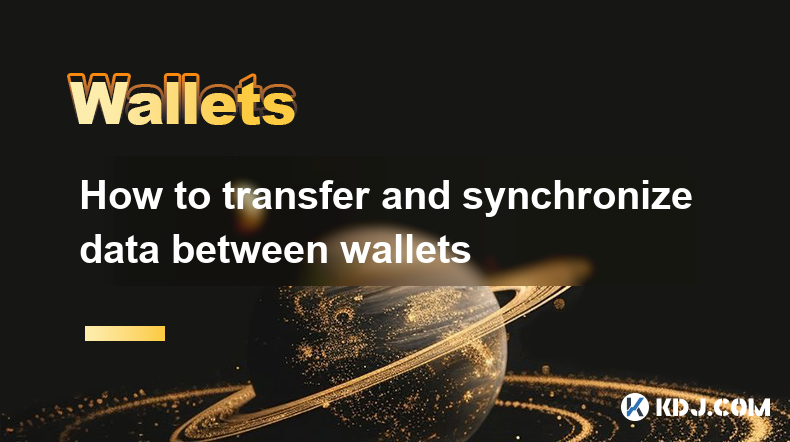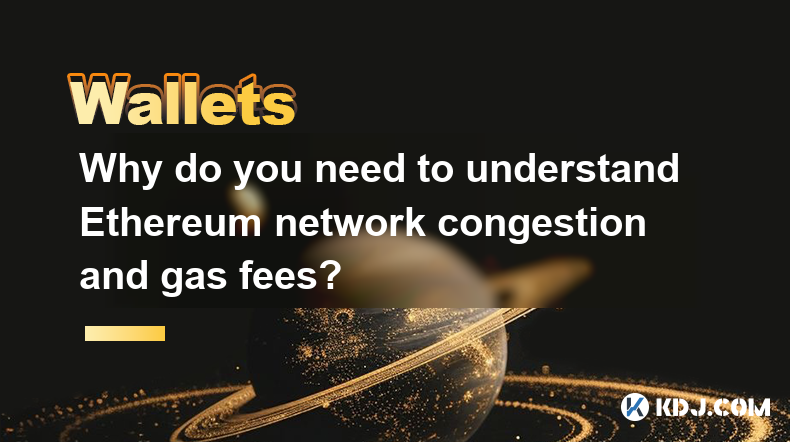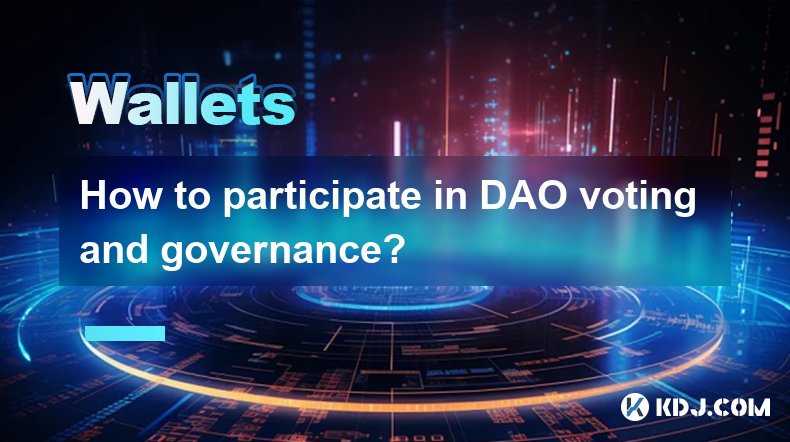-
 Bitcoin
Bitcoin $95,783.5010
-0.87% -
 Ethereum
Ethereum $2,810.2938
1.60% -
 XRP
XRP $2.5541
-1.28% -
 Tether USDt
Tether USDt $1.0003
0.03% -
 BNB
BNB $654.3481
-3.20% -
 Solana
Solana $167.7533
-2.88% -
 USDC
USDC $1.0001
0.01% -
 Dogecoin
Dogecoin $0.2417
-2.14% -
 Cardano
Cardano $0.7655
-1.92% -
 TRON
TRON $0.2444
2.25% -
 Chainlink
Chainlink $17.5560
-1.75% -
 Sui
Sui $3.3302
-2.49% -
 Avalanche
Avalanche $24.5324
-5.76% -
 Stellar
Stellar $0.3301
-2.57% -
 Litecoin
Litecoin $128.1025
0.86% -
 Toncoin
Toncoin $3.7589
1.74% -
 Shiba Inu
Shiba Inu $0.0...01546
-1.06% -
 UNUS SED LEO
UNUS SED LEO $9.7661
0.60% -
 Hedera
Hedera $0.2099
-3.97% -
 MANTRA
MANTRA $8.4259
11.19% -
 Hyperliquid
Hyperliquid $23.5229
-5.15% -
 Polkadot
Polkadot $4.9424
-3.18% -
 Bitcoin Cash
Bitcoin Cash $325.4606
1.11% -
 Bitget Token
Bitget Token $4.9830
1.75% -
 Ethena USDe
Ethena USDe $1.0005
0.09% -
 Uniswap
Uniswap $8.9886
0.00% -
 Dai
Dai $1.0000
0.00% -
 Monero
Monero $233.7701
0.61% -
 NEAR Protocol
NEAR Protocol $3.4321
-2.23% -
 Pepe
Pepe $0.0...09311
-3.17%
Which Sui wallets provide cross-chain bridging services?
Cross-chain bridging with Sui Wallets, such as Martian Wallet, Wave Wallet, and SUI Wallet, empowers users to seamlessly transfer assets between Sui and multiple blockchains, enhancing asset utility and expanding investment opportunities.
Dec 19, 2024 at 02:17 am

Key Points
- Understanding Cross-Chain Bridging
Types of Sui Wallets Offering Bridging Services
- Martian Wallet
- Wave Wallet
- SUI Wallet
- Benefits of Using Sui Wallets for Cross-Chain Bridging
- Factors to Consider When Choosing a Sui Wallet for Bridging
- Step-by-Step Guide to Bridging Assets Using Sui Wallets
- Security Considerations for Cross-Chain Bridging with Sui Wallets
- Troubleshooting Common Issues with Bridging via Sui Wallets
Types of Sui Wallets Offering Bridging Services
Martian Wallet
- Non-custodial wallet with a user-friendly interface
- Supports bridging assets between Sui and multiple other blockchains
- Offers advanced features like staking and yield farming
- Supports a wide range of tokens and bridging pools
Wave Wallet
- Multi-chain wallet with a focus on cross-chain interoperability
- Facilitates seamless bridging between Sui and various destination networks
- Provides real-time updates on bridge fees and transaction statuses
- Integrates with decentralized exchanges for seamless token swapping
SUI Wallet
- Official wallet developed by the Sui team
- Offers native bridging capabilities for transferring assets to and from Sui
- Features a built-in explorer for tracking bridge transactions
- Provides a secure and user-friendly platform for bridging
Benefits of Using Sui Wallets for Cross-Chain Bridging
- Enhance asset utility by enabling transfers across different blockchains
- Access diverse investment opportunities by bridging to new DeFi ecosystems
- Reduce transaction costs and settlement times compared to centralized exchanges
- Increase flexibility and control over asset management
- Support the growth and interoperability of the blockchain ecosystem
Factors to Consider When Choosing a Sui Wallet for Bridging
- Supported Blockchains: The wallet should support bridging to the desired destination blockchains.
- Transaction Fees: Compare the fees charged by different wallets for bridging services.
- Security Features: Choose a wallet with robust security measures to protect your assets during bridging.
- User Interface: Opt for a wallet with an intuitive and easy-to-use interface for seamless bridging.
- Reputation and Track Record: Consider the wallet's reputation in the cryptocurrency community and its track record of bridge operations.
Step-by-Step Guide to Bridging Assets Using Sui Wallets
- Connect Wallet: Connect your Sui wallet to the bridging platform within the wallet.
- Select Source and Destination Blockchains: Choose the Sui blockchain and the target blockchain for bridging.
- Choose Asset to Bridge: Select the tokens or assets you wish to transfer.
- Confirm Transaction Details: Review the bridge fees, estimated time, and transaction details before confirming.
- Bridge Assets: Initiate the bridging process by signing the transaction in your Sui wallet.
- Monitor Transaction: Track the progress of your bridging transaction using the wallet's explorer or the bridging platform interface.
Security Considerations for Cross-Chain Bridging with Sui Wallets
- Use a reputable and secure Sui wallet with a proven track record.
- Be cautious of phishing attempts and malicious links related to bridging services.
- Understand the potential risks involved in cross-chain bridging, such as bridge failures or liquidity issues.
- Secure your private keys and never share them with anyone.
- Regularly update your wallet to the latest version to patch any security vulnerabilities.
Troubleshooting Common Issues with Bridging via Sui Wallets
- Delayed Transactions: If a bridge transaction takes an unusually long time, contact the bridging platform or wallet support for assistance.
- Failed Transactions: Check the transaction details and ensure you have sufficient funds and have followed the correct bridging process. Contact support if the issue persists.
- Missing Assets: If bridged assets are not showing up in your destination wallet, verify the transaction status and contact the bridging platform for assistance.
- Gas Fee Issues: In case of insufficient gas fees, adjust the fee amount or cancel the transaction and reinitiate it with a higher gas fee.
- Technical Errors: If you encounter any technical errors while bridging, update your wallet, clear cache, or try bridging with a different Sui wallet.
FAQs
What are the risks associated with cross-chain bridging?
- Potential for bridge failures or liquidity issues, leading to loss of funds.
How do I protect my assets during cross-chain bridging?
- Use a secure Sui wallet and be cautious of phishing attempts.
Which Sui wallets are considered the most secure for bridging?
- Martian Wallet, Wave Wallet, and SUI Wallet.
How long does it typically take to bridge assets via Sui wallets?
- Transaction times vary depending on the network congestion and bridge protocols used.
What is the difference between custodial and non-custodial Sui wallets for bridging?
- Custodial wallets hold your private keys, while non-custodial wallets give you complete control over your assets.
Disclaimer:info@kdj.com
The information provided is not trading advice. kdj.com does not assume any responsibility for any investments made based on the information provided in this article. Cryptocurrencies are highly volatile and it is highly recommended that you invest with caution after thorough research!
If you believe that the content used on this website infringes your copyright, please contact us immediately (info@kdj.com) and we will delete it promptly.
- Is Dogecoin Ready to Revolutionize the Crypto Market? A Deep Dive into Its Future Potential
- 2025-02-24 03:30:27
- The Best Crypto to Buy Before Bitcoin's Halving Shakes Things Up
- 2025-02-24 03:20:26
- The Search for Top Defi Projects Prime for a Breakout is Dominating Headlines
- 2025-02-24 03:20:26
- Cryptocurrency Explosion: What’s Next for Bitcoin, Ethereum, and Ripple?
- 2025-02-24 03:11:35
- What Lies Ahead for XRP in ... [+] 2025?
- 2025-02-24 03:05:26
- Solaxy, the First Solana Layer 2 Solution, Raises $23M in Presale Targeting Blockchain Scaling and Algorithmic Trading
- 2025-02-24 03:05:26
Related knowledge

What are cold storage and hot storage? Which one is safer?
Feb 22,2025 at 03:18pm
Key Points:Cold storage and hot storage are two methods of storing cryptocurrencies.Cold storage involves storing cryptocurrencies offline, while hot storage involves storing them online.Cold storage is generally considered safer than hot storage, as it is not connected to the internet and is therefore less susceptible to hacking.Cold StorageCold storag...

How to synchronize wallets in multiple devices and browsers
Feb 22,2025 at 09:18am
Key Points:Understand the different types of cryptocurrency wallets and their synchronization capabilities.Learn how to synchronize hardware wallets with multiple devices.Discover the steps involved in synchronizing software wallets across platforms.Explore the options for synchronizing mobile wallets on different devices.Gain insight into browser exten...

How to deal with theft of wallets or the leak of mnemonic words?
Feb 23,2025 at 12:36am
Key PointsUnderstanding the Different Types of Wallet TheftSteps to Take If Your Wallet Is Stolen or Mnemonic Words LeakedPreventive Measures to Protect Your Crypto AssetsFrequently Asked QuestionsHow to deal with theft of wallets or the leak of mnemonic words?Understanding the Different Types of Wallet TheftHot Wallet Theft:Hot wallets are connected to...

How to transfer and synchronize data between wallets
Feb 21,2025 at 12:25pm
Key Points:Understanding different wallet types and their capabilitiesIdentifying similarities and differences between walletsExploring options for transferring and synchronizing dataEnsuring data security and integrity during transferAddressing common challenges and troubleshooting tipsHow to Transfer and Synchronize Data Between Cryptocurrency Wallets...

Why do you need to understand Ethereum network congestion and gas fees?
Feb 21,2025 at 04:48am
Key PointsUnderstanding Ethereum Network Congestion and Gas FeesGas Fees ExplainedFactors Affecting Network CongestionStrategies for Minimizing Gas FeesImpact of Ethereum UpgradesUnderstanding Ethereum Network Congestion and Gas FeesThe Ethereum network is a decentralized platform that hosts a vast ecosystem of decentralized applications (dApps), non-fu...

How to participate in DAO voting and governance?
Feb 21,2025 at 03:42pm
Key Points:Overview of DAO Voting and GovernanceUnderstanding DAO Structures and MembershipRole of DAO Tokens and Voting RightsParticipating in Voting and Proposal SubmissionLeveraging Governance Tools and PlatformsImpact of Voting Participation on DAO OutcomesBest Practices for Effective DAO GovernanceHow to Participate in DAO Voting and Governance1. U...

What are cold storage and hot storage? Which one is safer?
Feb 22,2025 at 03:18pm
Key Points:Cold storage and hot storage are two methods of storing cryptocurrencies.Cold storage involves storing cryptocurrencies offline, while hot storage involves storing them online.Cold storage is generally considered safer than hot storage, as it is not connected to the internet and is therefore less susceptible to hacking.Cold StorageCold storag...

How to synchronize wallets in multiple devices and browsers
Feb 22,2025 at 09:18am
Key Points:Understand the different types of cryptocurrency wallets and their synchronization capabilities.Learn how to synchronize hardware wallets with multiple devices.Discover the steps involved in synchronizing software wallets across platforms.Explore the options for synchronizing mobile wallets on different devices.Gain insight into browser exten...

How to deal with theft of wallets or the leak of mnemonic words?
Feb 23,2025 at 12:36am
Key PointsUnderstanding the Different Types of Wallet TheftSteps to Take If Your Wallet Is Stolen or Mnemonic Words LeakedPreventive Measures to Protect Your Crypto AssetsFrequently Asked QuestionsHow to deal with theft of wallets or the leak of mnemonic words?Understanding the Different Types of Wallet TheftHot Wallet Theft:Hot wallets are connected to...

How to transfer and synchronize data between wallets
Feb 21,2025 at 12:25pm
Key Points:Understanding different wallet types and their capabilitiesIdentifying similarities and differences between walletsExploring options for transferring and synchronizing dataEnsuring data security and integrity during transferAddressing common challenges and troubleshooting tipsHow to Transfer and Synchronize Data Between Cryptocurrency Wallets...

Why do you need to understand Ethereum network congestion and gas fees?
Feb 21,2025 at 04:48am
Key PointsUnderstanding Ethereum Network Congestion and Gas FeesGas Fees ExplainedFactors Affecting Network CongestionStrategies for Minimizing Gas FeesImpact of Ethereum UpgradesUnderstanding Ethereum Network Congestion and Gas FeesThe Ethereum network is a decentralized platform that hosts a vast ecosystem of decentralized applications (dApps), non-fu...

How to participate in DAO voting and governance?
Feb 21,2025 at 03:42pm
Key Points:Overview of DAO Voting and GovernanceUnderstanding DAO Structures and MembershipRole of DAO Tokens and Voting RightsParticipating in Voting and Proposal SubmissionLeveraging Governance Tools and PlatformsImpact of Voting Participation on DAO OutcomesBest Practices for Effective DAO GovernanceHow to Participate in DAO Voting and Governance1. U...
See all articles




















































































